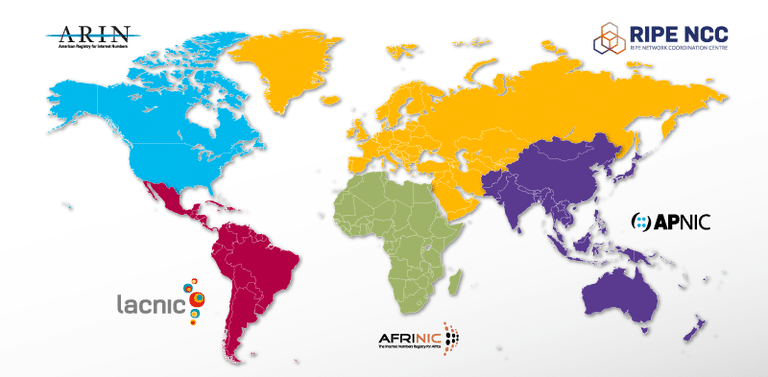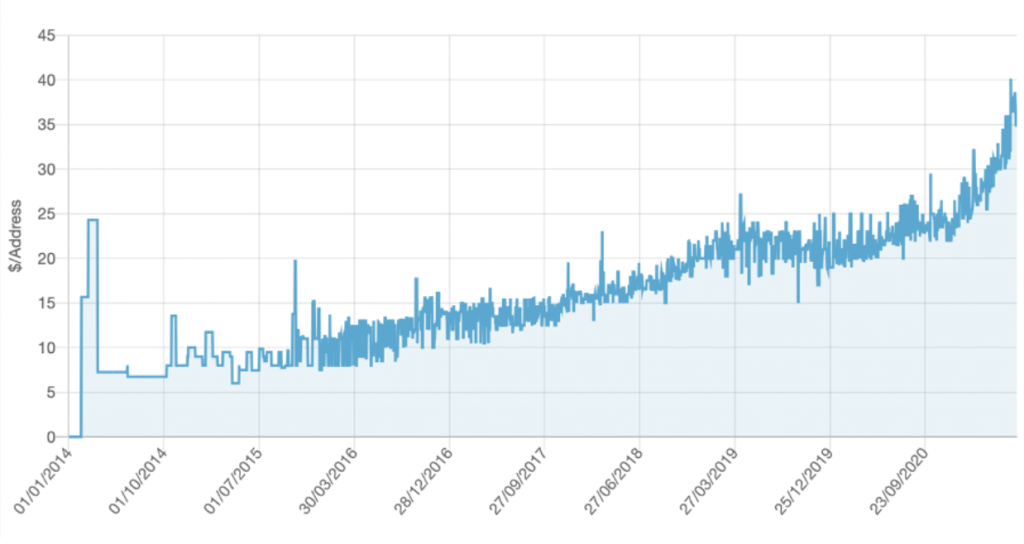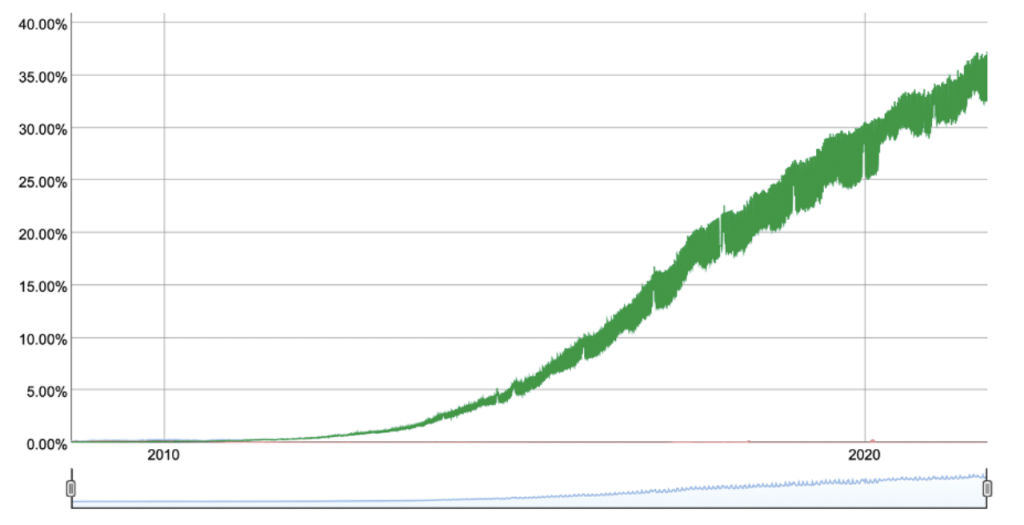With the creation of the internet came the invention of Internet Protocol (IP) addresses. These are more important to the digital world than most realize – it is what allows computers and other devices to communicate with each other on the internet. IP addresses act as identifiers similar to street addresses. They send information packets to a correct location, much like a parcel or piece of mail to a piece of real estate in the physical world.
Each device connected to internet or a network must have some of this digital real estate in the form of an IP address to be able to send and receive data. Because of the internet’s explosive growth the past few decades, there are now two variants: IPv4 (IP version 4) and IPv6 (IP version 6).
IPv4 is a format created in the 1980s. It looks like “192.0.2.235” – a set of four numbers, each ranging from 0 to 255, which are separated by periods. In the beginning, all IPv4 addresses were allocated to different Internet Registries – for example, most world continents had one each of their own.

Starting with the Asia-Pacific region registry in 2011 and ending with European, Central Asian and Middle East region registry in 2019, all organizations responsible for the distribution of IPv4 addresses had exhausted their IPv4 address pools. With an already existing shortage of available addresses in the market, this has increased the price of IPv4 with strong momentum. Since 2015, the value of IPv4 addresses have increased four-fold.

Why the jump in price? IPv4 is limited in terms of address space, especially given the explosion of digital devices now being hooked up to the internet. The newer format, IPv6, looks like “2001:0db8:85a3:0000:0000:8a2e:0370:7334” and allows space for way more devices – smartphones, cars, fridges and yes, even toasters.
Everything requires an IP address in order to function online. However, due to its technical limitations in its address space, there are just shy of 4.3 billion IPv4s available. And there are already way more than 4.3 billion devices registered on the internet.
This is why IPv6 was created. It enables 340,282,366,920,938,463,463,374,607,431,768,211,456 or 340 trillion trillion trillion IP addresses in total. This should be more than enough address space for many future generations.
However, since the introduction of IPv6 in 1999 by ARIN, its adoption rate has barely reached 35% – much lower than experts predicted many years ago.
Why has the transition from IPv4 to IPv6 been so slow? It costs too much to implement. The Internet is built on millions of servers, routers and switches, digital plumbing that was designed only for IPv4. IPv6 requires a change in the internet’s physical infrastructure itself, which is cost prohibitive.
Because of this, most companies simply choose to purchase or lease IPv4 addresses. This minimizes expenditures and maintains compatibility for user accessibility to online services. This is cheaper than spending money on next-generation IPv6 hardware, especially in the developing world. Many tech companies, for example, now are focused on leasing or buying IPv4 addresses instead of spending lots of money on IPv6-compatible hardware infrastructure.

Given these current circumstances in the IP address industry, Cypherpunk Holding can capitalize on the significant increase in value of owning IPv4 address space. In addition, these addresses can then be leased out. Similar to bitcoin, the IPv4 market is driven in part by a shortage of supply with high demand. This will most likely lead to a significant increase in prices in both short- and long-term time frames and opportunities to generate yield from lease agreements.
Cypherpunk Holdings strongly believes in everyone’s right to privacy. The company thus has decided to lease the majority of its IP addresses to Virtual Private Network (VPN) services. Whether it is a public café, an airport or a company, VPNs help to secure an individual’s location, identity and data from hackers attempting access.
While IPv6 offers improved security measures, Cypherpunk sees IPv4 addresses remaining significant real estate in the digital realm for at least another decade. At least until IPv6 becomes the main IP address protocol, or other solutions emerge within the internet space, perhaps via improved encryption or cryptography technologies.
